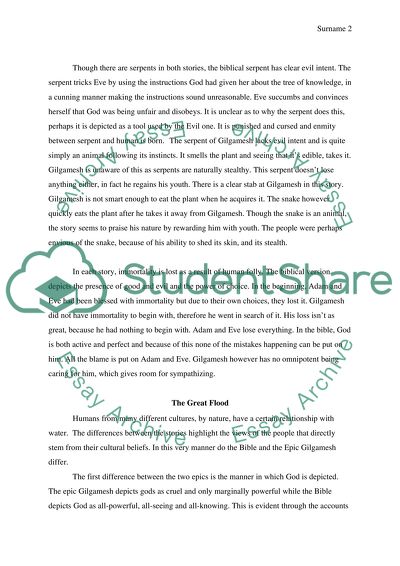Cite this document
(“Three assignments Assignment Example | Topics and Well Written Essays - 3250 words”, n.d.)
Retrieved from https://studentshare.org/literature/1642276-three-assignments
Retrieved from https://studentshare.org/literature/1642276-three-assignments
(Three Assignments Assignment Example | Topics and Well Written Essays - 3250 Words)
https://studentshare.org/literature/1642276-three-assignments.
https://studentshare.org/literature/1642276-three-assignments.
“Three Assignments Assignment Example | Topics and Well Written Essays - 3250 Words”, n.d. https://studentshare.org/literature/1642276-three-assignments.


